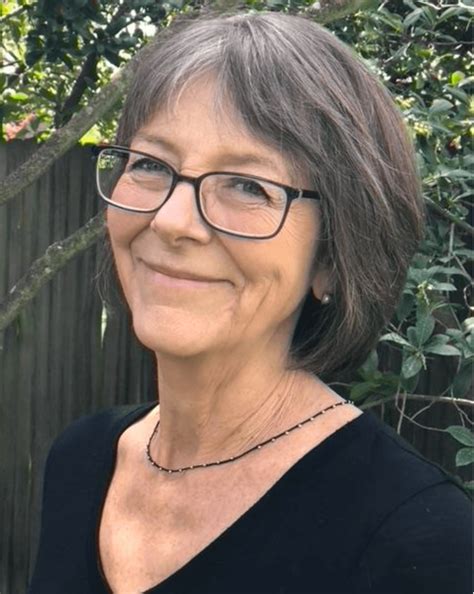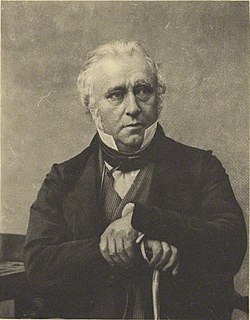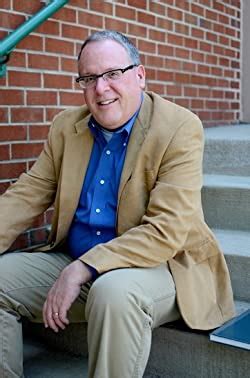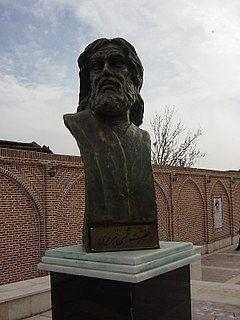A Quote by Susie Dent
Linguistic supersizing is on the increase, and it may show the influence of advertising-speak and corporate jargon on language, in which everything needs to be hyped to get noticed. It means that some of our greatest words are losing their power.
Related Quotes
In recognizing that words have power to define and to compel, the semanticists are actually testifying to the philosophic quality of language which is the source of their vexation. In an attempt to get rid of that quality, they are looking for some neutral means which will be a nonconductor of the current called "emotion" and its concomitant of evaluation.
To be functionally fluent in a language, for instance, in most cases you need about 1,200 words. To acquire a total of vocabulary words, if you really train someone well they can acquire 200 to 300 words a day, which means that in a week they can acquire the vocabulary necessary to speak a language.
Let no one ever shy away from the claim that Jews have power, that Jews have influence. We have learned the terrible lesson of history; that unless we have influence and power, disproportionate to our small numbers - immoral results will occur. We need power. And we must continue to use our power. Power which we earned, power which no one gave us on a silver platter, power which we worked hard for - use that power in the interests of justice.
I believe in fiction and the power of stories because that way we speak in tongues. We are not silenced. All of us, when in deep trauma, find we hesitate, we stammer; there are long pauses in our speech. The thing is stuck. We get our language back through the language of others. We can turn to the poem. We can open the book. Somebody has been there for us and deep-dived the words.
It has not been definitively proved that the language of words is the best possible language. And it seems that on the stage, which is above all a space to fill and a place where something happens, the language of words may have to give way before a language of signs whose objective aspect is the one that has the most immediate impact upon us.
No matter how frustrated you may feel, there is always a way out. In every situation that arises, we choose to be powerful or powerless. It may not always feel like it, but it is a choice. And there are consequences for these choices in terms of the results we get, and the subsequent increase or decrease in our power and influence. If we choose powerlessness, it is often because we doubt there is any other option.
The moment we shake our addiction to narrative and give up our strong-headed intent that language must say something "meaningful," we open ourselves up to different types of linguistic experience, which could include sorting and structuring words in unconventional ways: by constraint, by sound, by the way words look, and so forth, rather than always feeling the need to coerce them toward meaning.





































